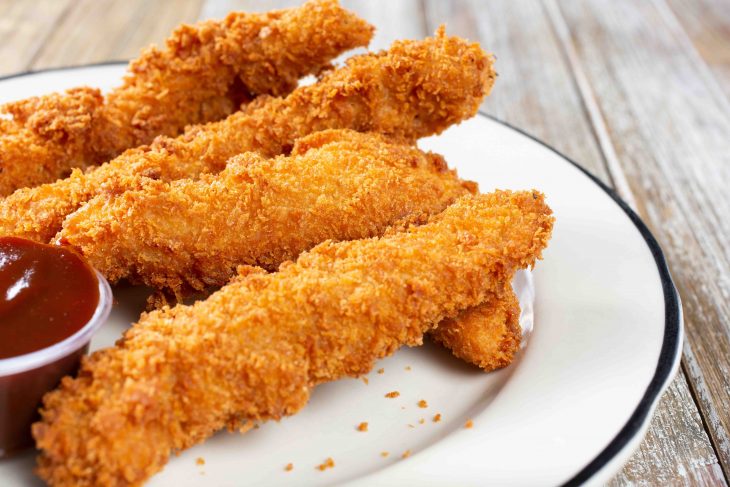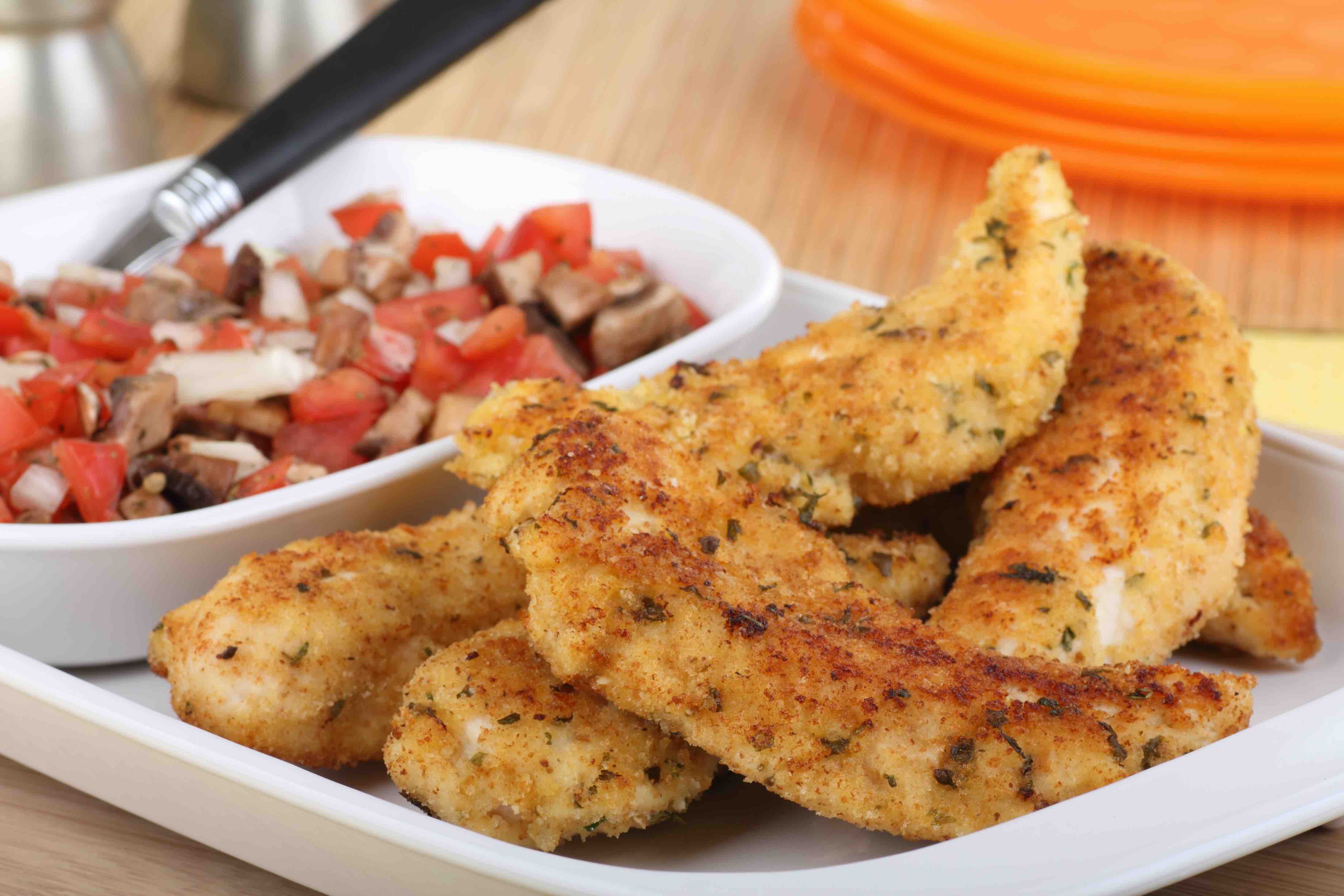
Chicken tenderloins are a popular and versatile protein option that can be enjoyed in a variety of delicious dishes. In this article, we uncover 15 intriguing nutrition facts about chicken tenderloins, shedding light on their protein content, essential nutrients, and health benefits. Join us as we explore the world of chicken tenderloins, infusing creativity and human-like storytelling to captivate readers. Let’s unveil the secrets of this protein-packed delight and discover how it can enhance your culinary experience and support your overall well-being.
Calories
The calorie content of chicken tenderloins can vary depending on the cooking method and any added ingredients. On average, a 4-ounce (113-gram) serving of chicken tenderloins contains approximately 120-140 calories.
Lean Protein Source
Chicken tenderloins are an excellent source of lean protein, providing a substantial amount of this essential macronutrient. Protein plays a crucial role in muscle growth, repair, and overall tissue health.
Low in Fat
Chicken tenderloins are relatively low in fat compared to other cuts of chicken, making them a healthier option for individuals seeking to manage their fat intake.
High in Essential Amino Acids
Chicken tenderloins contain a balanced profile of essential amino acids, which are the building blocks of protein. These amino acids are necessary for various physiological processes and cannot be synthesized by the body, making dietary intake crucial.
Rich in Vitamin B12
Chicken tenderloins are a good source of vitamin B12, an essential nutrient that supports nerve function, DNA synthesis, and the production of red blood cells.
Good Source of Iron
Iron is important for the transportation of oxygen throughout the body and the formation of red blood cells. Chicken tenderloins provide a significant amount of this essential mineral, contributing to overall iron intake.
Versatile Cooking Options
Chicken tenderloins can be cooked in numerous ways, such as grilling, baking, sautéing, or stir-frying, allowing you to explore a wide range of culinary possibilities to suit your taste preferences.
Customizable Flavors

Chicken tenderloins can easily absorb various flavors and marinades, allowing you to experiment with different seasonings and spices to create a personalized and mouthwatering dish.
Protein for Muscle Recovery
The protein content in chicken tenderloins makes them an ideal choice for post-workout meals, as they can aid in muscle recovery and promote the growth and repair of tissues.
Supports Weight Management
Incorporating chicken tenderloins into a balanced diet can support weight management efforts. The high protein content can help promote feelings of fullness and satisfaction, potentially reducing overall calorie intake.
Source of Selenium
Chicken tenderloins contain selenium, a trace mineral that functions as an antioxidant and contributes to various physiological processes, including thyroid function and immune health.
Essential for Bone Health
Chicken tenderloins provide essential nutrients like phosphorus and magnesium, which are important for maintaining healthy bones and teeth.
Source of Niacin
Niacin, also known as vitamin B3, is present in chicken tenderloins and is involved in energy metabolism and the maintenance of skin health.
Convenient Meal Prep
Chicken tenderloins are easy to portion and can be prepared in advance for meal prepping. You can cook a batch of chicken tenderloins and use them throughout the week in salads, sandwiches, wraps, or as a protein component in your meals.
Versatile Ingredient
Chicken tenderloins can be incorporated into a wide range of recipes, from classic dishes like chicken stir-fry and chicken skewers to innovative creations like chicken lettuce wraps or grilled chicken salads.
Final Word
From their role as a lean protein source to their versatility in cooking and meal preparation, chicken tenderloins offer numerous benefits for those seeking a nutritious and flavorful option. Incorporating them into your diet can support your overall health and well-being.
Frequently Asked Questions (FAQs)
How many calories are in chicken tenderloins?
The calorie content of chicken tenderloins can vary depending on the cooking method and any added ingredients. On average, a 4-ounce (113-gram) serving of chicken tenderloins contains approximately 120-140 calories.
Are chicken tenderloins gluten-free?
Chicken tenderloins are naturally gluten-free. However, it is important to check the packaging or inquire about any added ingredients or seasonings, as some commercially prepared chicken products may contain gluten.
Can chicken tenderloins be frozen?
Yes, chicken tenderloins can be frozen. It is best to wrap them tightly in freezer-safe packaging or place them in airtight containers to prevent freezer burn. They can be stored in the freezer for up to three months.
How should chicken tenderloins be stored?
Raw chicken tenderloins should be stored in the refrigerator at or below 40°F (4°C). It is recommended to use them within two days of purchase or follow the “use-by” date indicated on the packaging.
Can chicken tenderloins be used in recipes calling for chicken breasts?
Yes, chicken tenderloins can be used as a substitute for chicken breasts in many recipes. However, keep in mind that cooking times may vary due to their smaller size. Adjust cooking times accordingly to ensure they are fully cooked.
Was this page helpful?
Our commitment to delivering trustworthy and engaging content is at the heart of what we do. Each fact on our site is contributed by real users like you, bringing a wealth of diverse insights and information. To ensure the highest standards of accuracy and reliability, our dedicated editors meticulously review each submission. This process guarantees that the facts we share are not only fascinating but also credible. Trust in our commitment to quality and authenticity as you explore and learn with us.
